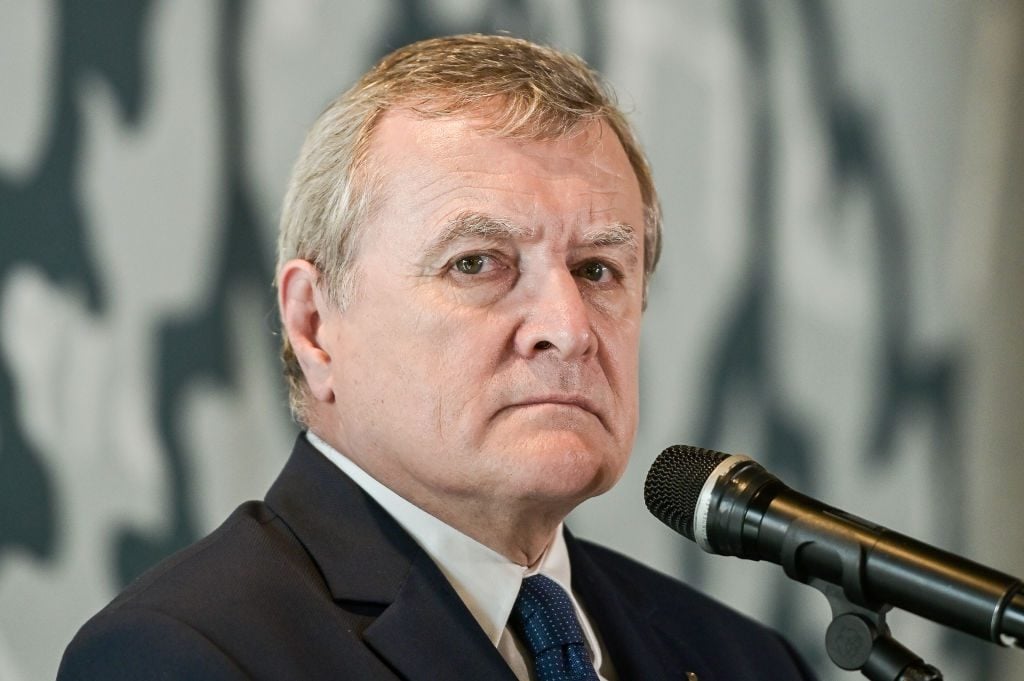Politics
Poland Has Frozen Its Culture Bailout Program After Widespread Criticism Over Millions Being Allocated to Celebrities
Critics say the government handouts smack of corruption.

Critics say the government handouts smack of corruption.

Naomi Rea

The Polish government has frozen its culture recovery fund after widespread backlash over its inclusion of wealthy celebrities and pop stars as recipients.
The ministry of culture released the names of more than 2,000 beneficiaries of its PLN400 million ($106 million) support fund on Friday, November 13. Soon after, critics began scrutinizing the list, which included not only cultural foundations, orchestras, theaters, entertainment venues, and arts schools, but also several successful singers and actors.
Among the recipients was a company managed by Paweł Golec, a founder of the widely popular folk-rock band Golec uOrkiestra. The firm received PLN1.89 million ($500,000). Meanwhile, PLN400,000 ($106,000) was earmarked for Bayer Full, a beloved “disco polo” band.
After the criticism escalated to charges of favoritism and corruption, the ministry of culture said funding had been allocated objectively based on documented lost earnings since March.
In a statement on Twitter, Poland’s deputy prime minister and culture minister, Piotr Gliński, wrote: “Who got support was not determined by sympathies [nor] the type of art, but by an algorithm showing who lost income as a result of the pandemic. It is not money for one person, but for whole teams of people who lost their livelihood overnight.”
But on November 15, the ministry decided to suspend payments from the support fund, saying in a statement that the list of beneficiaries will be submitted for “urgent reverification,” and that it would make “every effort” to ensure that the audit was carried out as “efficiently and meticulously as possible.”
Critics, including artist Karol Radziszewski, say the bailout system was fundamentally flawed.
“Those who earned the most are to get the most, those who can hardly survive will get little or nothing,” Radziszewski says, noting that he did not apply for any grants for individual creators.
Following the program’s suspension, Gliński posted a series of sarcastic tweets, suggesting that the government should “redeploy these funds to support the most active tweeters.”
The ministry of culture did not reply to Artnet News’s requests for comment by press time.
“I am not surprised by these events at all,” Polish artist Aleksandra Karpowicz tells Artnet News. “Poland’s support of the arts has been slow, chaotic, and inconsistent.”
“The classic strategy of the ruling party is to give leftovers to the poorest and expect them to be grateful and loyal,” Karpowicz adds. “At the same time, they open the door to serious frauds by donating unjustified large sums of money to friends, families, and regime supporters. This government is one of the most corrupt I’ve seen since 2000.”